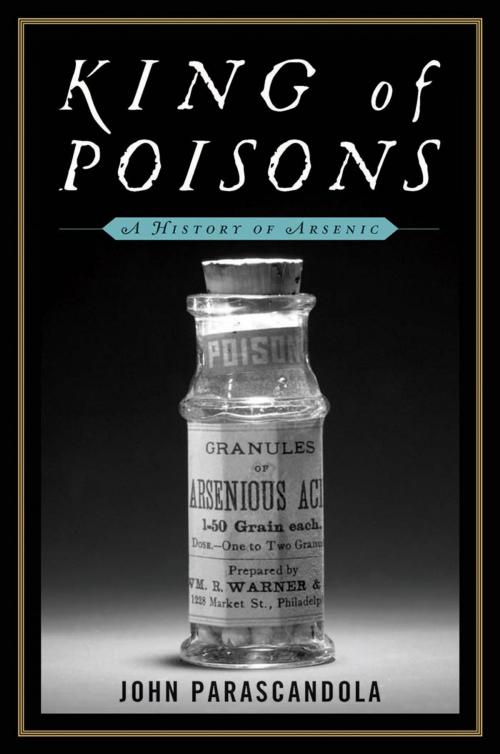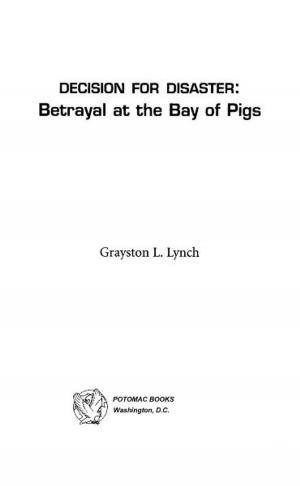King of Poisons: A History of Arsenic
Nonfiction, Health & Well Being, Medical, Specialties, Toxicology, Reference, History| Author: | John Parascandola | ISBN: | 9781597978095 |
| Publisher: | Potomac Books Inc. | Publication: | October 31, 2012 |
| Imprint: | Language: | English |
| Author: | John Parascandola |
| ISBN: | 9781597978095 |
| Publisher: | Potomac Books Inc. |
| Publication: | October 31, 2012 |
| Imprint: | |
| Language: | English |
For centuries, arsenic's image as a poison has been inextricably tied to images of foul play. In King of Poisons, John Parascandola examines the surprising history of this deadly element. From Gustave Flaubert to Dorothy Sayers, arsenic has long held a place in the literary realm as an instrument of murder and suicide. It was delightfully used as a source of comedy in the famous play Arsenic and Old Lace. But as Parascandola shows, arsenic has had a number of surprising real-world applications. It was frequently found in such common items as wallpaper, paint, cosmetics, and even candy, and its use in medical treatments was widespread. American ambassador Clare Boothe Luce suffered from exposure to arsenical paint in her study, and Napoleon's death has long been speculated to be the result of accidental or intentional poisoning. But arsenic poisoning is still a public menace. In the neighborhood surrounding American University in Washington, D.C., the army has undertaken a massive cleanup of artillery shells and bottles containing chemical warfare agents such as arsenical lewisite after a number of workmen and residents became ill. Arsenic contamination of the water supply in Bangladesh and in West Bengal, India, is a major public health problem today as well. From murder to crime fiction, from industrial toxin to chemical warfare, arsenic remains a powerful force in modern life.
For centuries, arsenic's image as a poison has been inextricably tied to images of foul play. In King of Poisons, John Parascandola examines the surprising history of this deadly element. From Gustave Flaubert to Dorothy Sayers, arsenic has long held a place in the literary realm as an instrument of murder and suicide. It was delightfully used as a source of comedy in the famous play Arsenic and Old Lace. But as Parascandola shows, arsenic has had a number of surprising real-world applications. It was frequently found in such common items as wallpaper, paint, cosmetics, and even candy, and its use in medical treatments was widespread. American ambassador Clare Boothe Luce suffered from exposure to arsenical paint in her study, and Napoleon's death has long been speculated to be the result of accidental or intentional poisoning. But arsenic poisoning is still a public menace. In the neighborhood surrounding American University in Washington, D.C., the army has undertaken a massive cleanup of artillery shells and bottles containing chemical warfare agents such as arsenical lewisite after a number of workmen and residents became ill. Arsenic contamination of the water supply in Bangladesh and in West Bengal, India, is a major public health problem today as well. From murder to crime fiction, from industrial toxin to chemical warfare, arsenic remains a powerful force in modern life.















